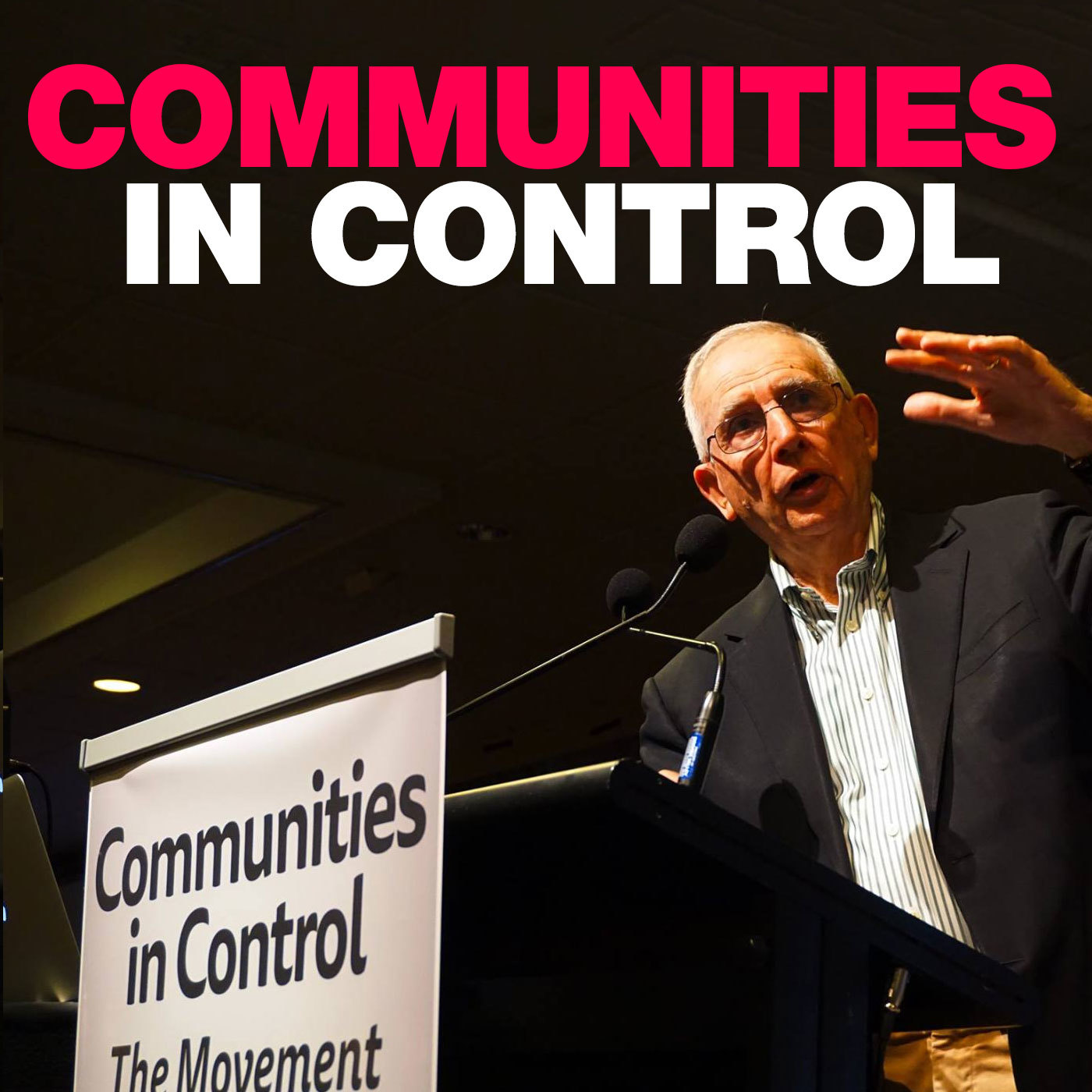
Communities in Control
Author: The Institute of Community Directors Australia
Subscribed: 120Played: 1,029Description
Communities in Control is Australia's biggest and best annual gathering of community sector workers, volunteers and supporters - each year bringing together a stellar list of the world's brightest speakers and hundreds of people who work in or care about community to listen, debate, network, exchange strategies, and recharge.
Communities in Control is convened by The Institute of Community Directors Australia.
VISIT: www.communitiesincontrol.com.au for further information about the conference and to subscribe for event and speech updates
FOLLOW: The Institute of Community Directors Australia on twitter at @NFPDirectors
LIKE: The Institute of Community Directors Australia on Facebook at www.facebook.com.au/communitydirectors>
PODCAST MUSIC: Perspectives by Kevin MacLeod (incompetech.com)
Licensed under Creative Commons: By Attribution 3.0
http://creativecommons.org/licenses/by/3.0





